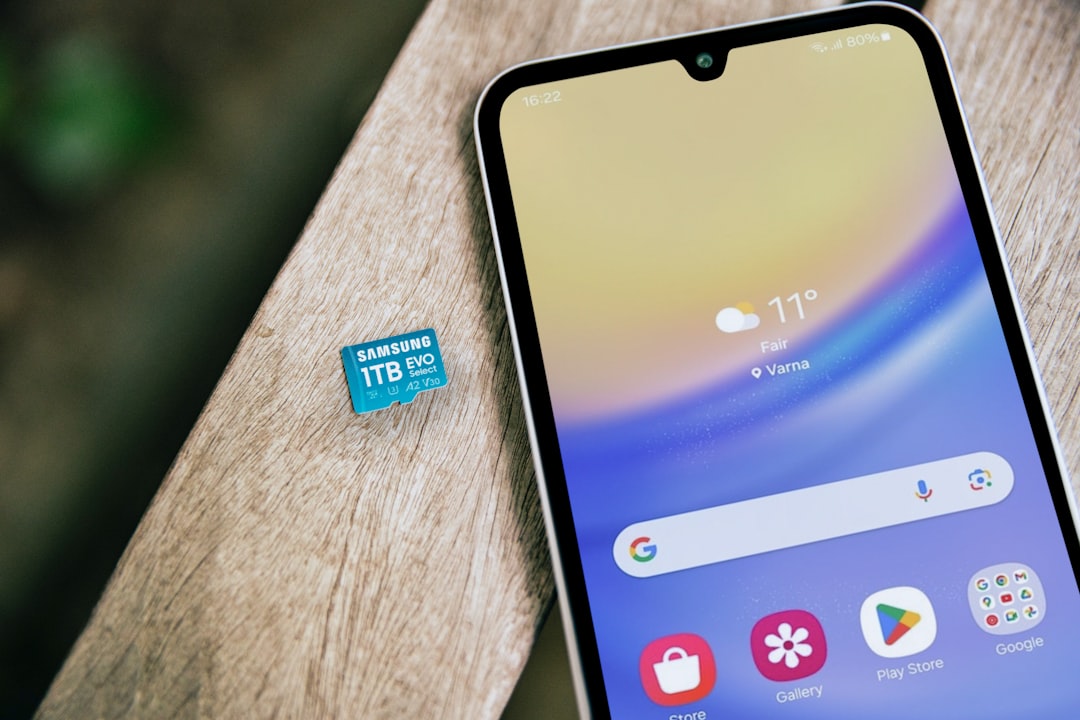Federal and New Hampshire's Do Not Call laws, enforced by the FTC, protect consumers from unwanted telemarketing calls, giving individuals control over their phone communications. Law firms operating in New Hampshire must adhere to these guidelines, maintaining ethical marketing practices and respecting consumer privacy. Residents can register their numbers on the National Do Not Call Registry and opt-out of unsolicited calls, ensuring peace of mind. The key distinction lies in New Hampshire's prohibition on all outbound sales or solicitation calls, with rare exceptions, unlike federal rules targeting registered numbers. Law firms must adopt strategic outreach methods to balance client engagement with compliance, avoiding penalties and respecting privacy rights regarding Do Not Call lists in New Hampshire.
“Unraveling the intricacies of consumer protection, this article sheds light on the contrasting landscapes of federal Do Not Call laws and New Hampshire’s unique regulations. While federal guidelines set the broad framework for limiting telemarketing calls, New Hampshire has crafted its own approach, presenting both similarities and significant differences. For law firms navigating these waters, understanding these key distinctions is paramount to compliance and client satisfaction. Dive into this comprehensive guide to decipher the nuances of Do Not Call laws in both domains.”
Understanding Federal Do Not Call Laws

Federal Do Not Call laws, enforced by the Federal Trade Commission (FTC), are designed to protect consumers from unsolicited phone calls, particularly from telemarketers. These laws restrict businesses and organizations from making prerecorded or live sales calls to households that have registered on the National Do Not Call Registry. The primary goal is to give people control over their phone calls and reduce unwanted marketing efforts. In the context of law firms in New Hampshire, these regulations play a significant role in ensuring respectful communication with potential clients.
New Hampshire’s Do Not Call laws complement federal regulations, providing an additional layer of protection for residents. The state’s laws also prohibit telemarketers from making calls to numbers on the state’s Do Not Call list. This means that New Hampshire residents who have opted out of receiving sales calls can expect even greater peace of mind. Law firms operating within the state must adhere to these guidelines, ensuring their marketing efforts are conducted ethically and with respect for consumer privacy.
New Hampshire's Approach to Do Not Call Regulations

New Hampshire takes a unique stance on telephone solicitations and consumer privacy, reflecting its reputation as a champion of individual liberties. Unlike many other states with stringent Do Not Call laws targeting telemarketers and cold callers, New Hampshire has implemented a more permissive approach. The state’s legislation does not impose a comprehensive ban on all unsolicited phone calls, including those from law firms. Instead, it focuses on providing consumers with the right to register their numbers for exclusion from specific types of calls.
This means that while law firm call centers might still reach New Hampshire residents, they must adhere to certain guidelines. The state’s Do Not Call Registry allows individuals to opt-out of receiving telemarketing and sales calls, ensuring a measure of privacy and peace for its citizens. However, it’s essential for law firms to understand the local regulations to ensure compliance and respect the preferences of New Hampshire residents.
Key Differences and Implications for Law Firms

Navigating the regulations surrounding telemarketing can be complex, especially for law firms looking to maintain compliance while reaching potential clients. When it comes to New Hampshire and federal do not call laws, there are distinct variations that carry significant implications. While the federal rules prohibit calls to phone numbers registered on the National Do Not Call Registry, New Hampshire’s legislation goes a step further by restricting all outbound sales or solicitation calls, with limited exceptions.
For law firms operating in both jurisdictions, understanding these differences is crucial. Federal laws provide a broader framework, allowing for certain types of non-commercial and internal communications. In contrast, New Hampshire’s stricter regulations require more meticulous tracking and restriction of calls to avoid potential penalties. Law firms must be strategic in their outreach methods, ensuring compliance with both sets of rules to effectively engage clients while respecting privacy rights.






